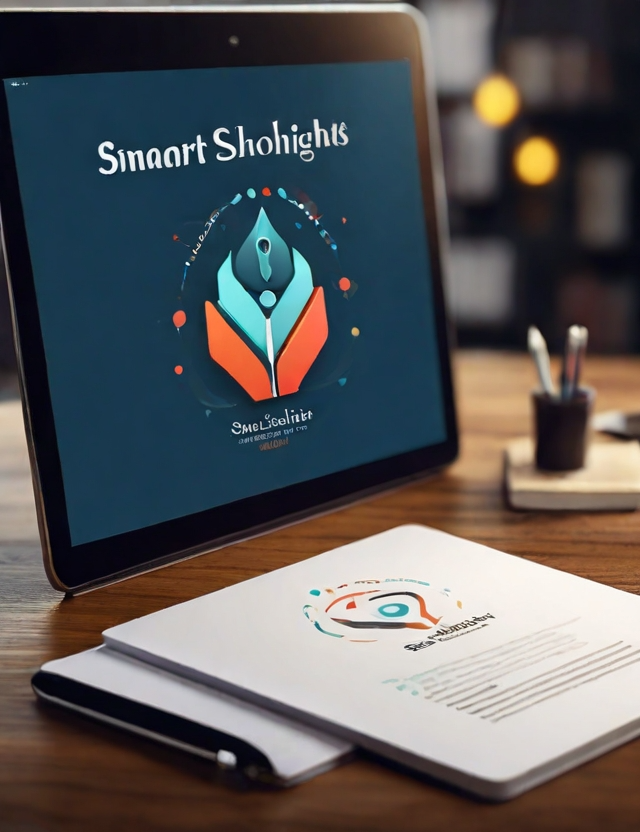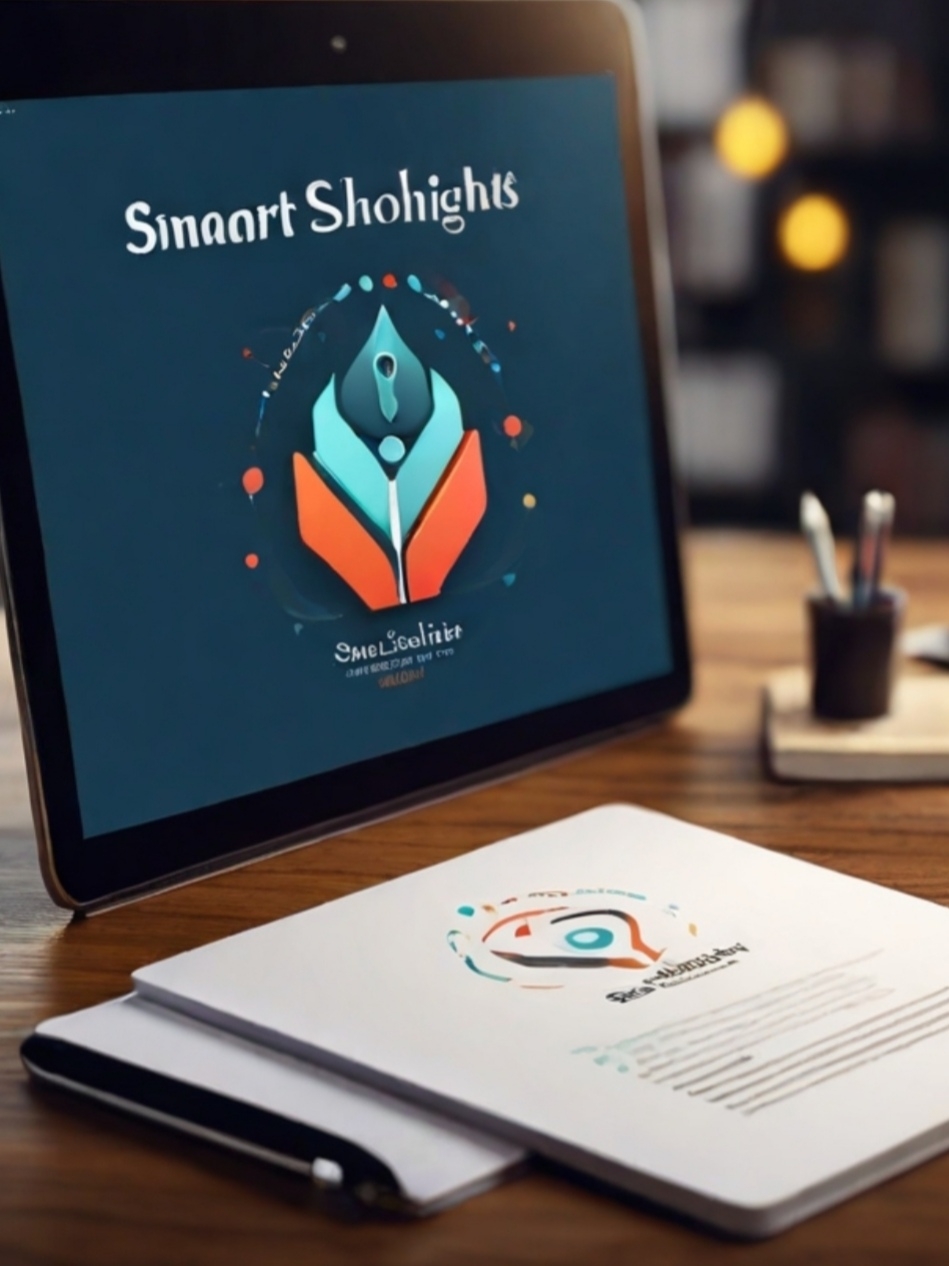The Art of Effective Studying: Strategies for Academic Triumph
In the pursuit of academic excellence, students are often confronted with the challenge of mastering vast amounts of information while balancing various commitments. However, with the adoption of effective study techniques, this journey can be transformed into a rewarding and successful endeavor. In this essay, we will explore the importance of effective study techniques and delve into specific strategies that can empower students to succeed academically.
At the core of effective studying lies the principle of active engagement with the material. Instead of passively absorbing information, active learning requires students to participate actively in the learning process through activities such as summarization, self-explanation, and problem-solving. By engaging with the material in a meaningful way, students not only deepen their understanding but also enhance their ability to retain and apply knowledge.
One of the most powerful study techniques is spaced repetition. This method involves spacing out study sessions over time, with intervals of increasing length between each session. Research has consistently shown that spaced repetition is highly effective for long-term retention of information. By strategically reviewing material at spaced intervals, students reinforce their memory and retention of key concepts, leading to enhanced learning outcomes.
In addition to spaced repetition, retrieval practice is another valuable study technique that promotes retention and comprehension. Retrieval practice involves actively recalling information from memory through methods such as self-quizzing, flashcards, or practice tests. By repeatedly retrieving information, students strengthen their memory retrieval pathways, making it easier to recall the information when needed. Furthermore, retrieval practice enhances metacognitive awareness, enabling students to monitor their learning progress and identify areas that require further review.
Effective note-taking is another indispensable study technique that can significantly enhance learning outcomes. Whether using traditional handwritten notes or digital tools, taking organized and concise notes helps students synthesize information and reinforce their understanding of key concepts. Techniques such as the Cornell method or mind mapping facilitate active engagement with the material and promote deeper comprehension. Regular review and revision of notes further solidify learning and serve as valuable study aids during exam preparation.
Moreover, creating a conducive study environment is essential for optimizing learning outcomes. Minimizing distractions, establishing a dedicated study space, and adhering to a structured study schedule can enhance focus and productivity. Additionally, incorporating breaks, maintaining a healthy lifestyle, and practicing stress management techniques are essential for maintaining overall well-being during intense study sessions.
In conclusion, effective study techniques are instrumental in helping students achieve academic success. By embracing active learning, incorporating spaced repetition and retrieval practice, taking organized notes, and cultivating a conducive study environment, students can enhance their comprehension, retention, and application of knowledge. Moreover, adopting a growth mindset and persevering through challenges can empower students to overcome obstacles and reach their academic goals. Through consistent practice and the deliberate application of effective study techniques, students can embark on a journey of intellectual growth and achievement.


Comments
Post a Comment